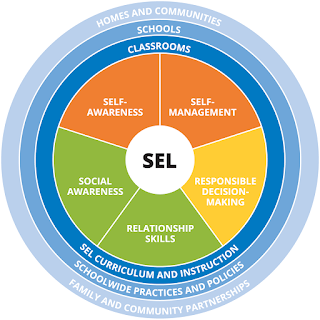FDA Warns Parents About Fake Autism Remedies
As part of our continuing coverage of Autism Awareness Month, we wanted to pass along this guidance from the US Food & Drug Administration (FDA). It's certainly understandable that any parent of a child with Autism Spectrum Disorder (ASD) would want to do everything possible to ensure that the child leads a happy and successful life. In fact, it's probably safe to assume that all parents want this for their children. However, as the FDA points out, there is no "cure" for Autism Spectrum Disorders. As we have seen an increase in the number of children identified with ASD over recent years, we have also seen an increase in the number of treatments or "cures" being marketed by companies. Some of these not only fail to improve characteristics or symptoms of ASD, but may actually cause harm. The FDA offers the following helpful advice: "if it’s an unproven or little known treatment, talk to your health care professional before buying or using thes





